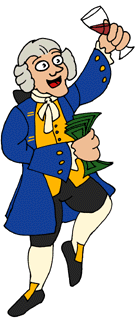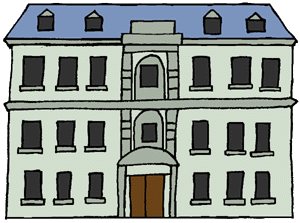|
RBH Home
Maps & Travels
Articles
Legends
Towns & Villages
Castles & Houses
Churches
Biographies
Gentry
Family History
Odds & Ends
For Kids
Teacher's Page
Mail David

|
|

A
Place of Knights and Knaves

|
 Earley was originally in the parish of Sonning. It was made up of
three manors: Earley St. Nicholas, Earley St. Bartholomew and Maiden
Earley. Earley was originally in the parish of Sonning. It was made up of
three manors: Earley St. Nicholas, Earley St. Bartholomew and Maiden
Earley.- The first two were named after the chapels that stood there.
- Reading University is built on the site of the most important
manor, Earley St. Nicholas.
It was the home of the De Earley family in medieval times.
- John de Earley II was the
foster-son of the Earl of Pembroke who lived at
Hamstead Marshall
& Caversham. He was a very important man but fell out with King
John. While John de Earley was in Ireland, the King told everyone he
was dead and took his lands away!
- Later, the Bishop of Hereford got permission to live at Earley while the
new owner was still a boy. The Bishop's name was Thomas Cantilupe and he was Chancellor of England
(a bit like the Prime Minister). He needed to be near
the King in Windsor as they ran the country together. After his death,
he became a saint.
- The name of Earley St. Nicholas was changed to Earley Whiteknights in
honour of the young boy, John de Earley IV. When he grew up, he became
a knight and wore white armour
while helping King
Edward I to invade Scotland.
- Throughout Tudor and Stuart times, the Englefield family lived
there. They had had their original home at Englefield House
confiscated because they were Roman Catholics.
- In Georgian times, the Marquis of Blandford lived at Earley Whiteknights.
He spent so much money on posh plants, antique books, expensive
paintings and wild parties that he went bust!
- The big house was pulled down in Victorian times and the park was
split up. The famous architect, Alfred Waterhouse, built several
smaller houses there. He lived in one, and at Yattendon, but is best known for
building the Natural History Museum in London.
|
|



